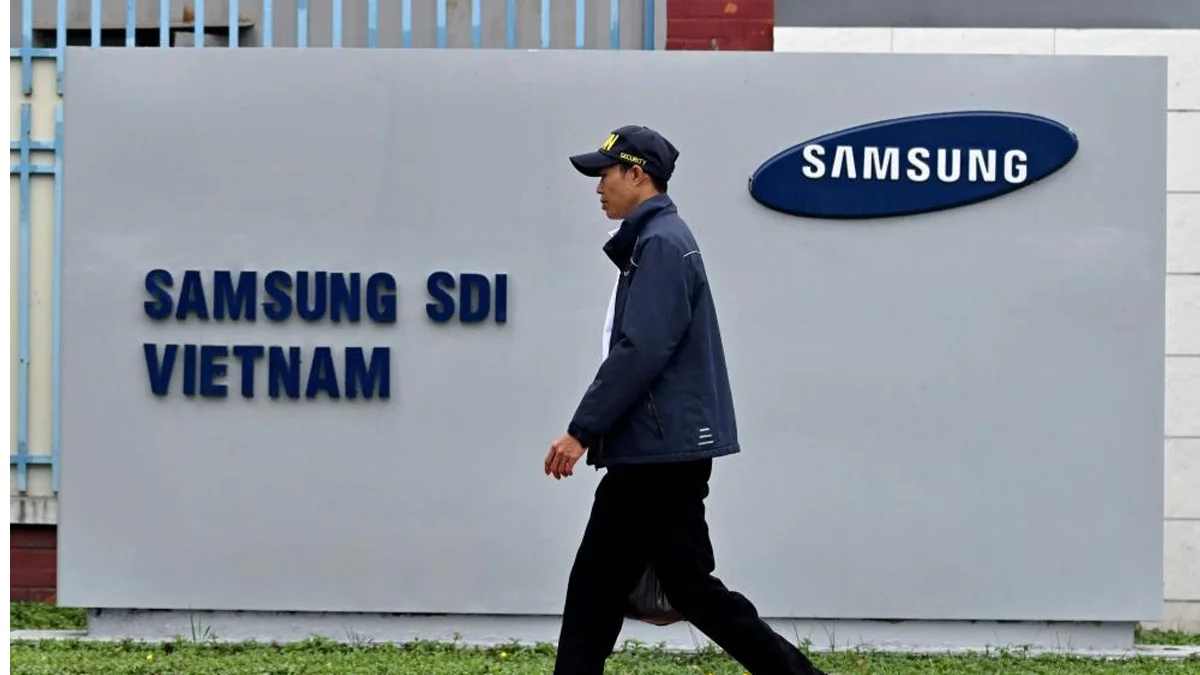Necessary Always Active
Necessary cookies are required to enable the basic features of this site, such as providing secure log-in or adjusting your consent preferences. These cookies do not store any personally identifiable data.
|
||||||
|
||||||
|
||||||
|

South Korean technology giant Samsung is said to be making a significant change in its international manufacturing strategy. According to Business Standard, due to US tariffs, Samsung is considering shifting its smartphone production to India.
A source familiar with the discussions said, “Yes, talks have begun with Indian EMS players, including their existing partners. Not just Samsung, all other companies with a base in Vietnam are exploring possibilities to shift some production to India.” This statement comes a day after the reports of Google Pixel’s shift to India as it started discussion for contract manufacturing with Dixon Technologies and Foxconn.
Recent US trade tariffs on smartphones and electronics assembled in Vietnam have led to this strategic shift. The trade measures seek to reduce America’s dependence on supply chains of countries which have indirect Chinese connections. The increased costs resulting from US tariffs has prompted Samsung and similar companies to analyze new manufacturing locations.
New US trade tariffs on Vietnam have made exporting mobile devices from that region to the American market financially unprofitable according to reports. The new trade policies have activated debates about moving smartphone production from Vietnam to India.
India has already established itself as a leader in electronics assembly due to initiatives spearheaded by the government, such as “Make in India” and the Production-Linked Incentive (PLI) scheme. The plans provide tax relief and incentives to businesses that establish production within the country.
With its increasing infrastructure, talented people, and supportive policies, India is emerging as an attractive substitute. This explains why the Samsung shift from Vietnam to India is happening as the company wants to diversify its base of production.
If Samsung goes ahead with the move, it will not only strengthen its presence in India but also reduce its exposure to geopolitical risks. Samsung’s smartphone production shift to India could result in greater job creation, technology transfer, and increased exports from India.
The possible shift of manufacturing from Vietnam to India highlights the latest trend for multinational companies that wish to distribute their production beyond one geographical location. Global trade policies are becoming intricate, so companies examine innovative approaches to compete strongly and reduce their risks.
India functions as an attractive manufacturing destination in the changing global business world. The shift of Samsung manufacturing from Vietnam to India will establish a model for Asian technology manufacturers who seek new operating bases.
With changing trade rules and growing pressure to localize production, Samsung’s smartphone production shift to India might not just be a smart move—it could be a strategic necessity.